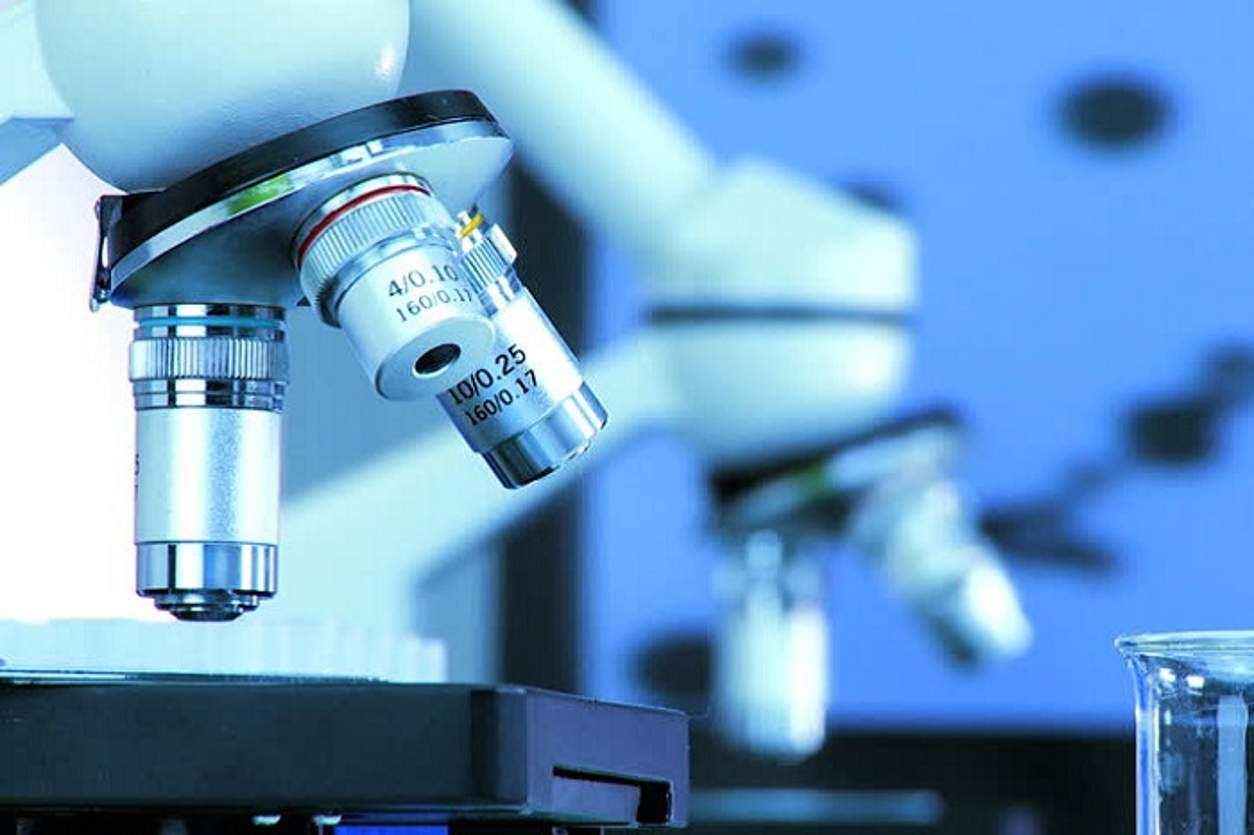Australia’s ability to make scientific and medical breakthroughs could take a hit as the contest between the US and China extends to the tech space.
Australia had once appeared to be on the brink of a technological revolution, poised to carve out a substantial stake in the digital landscape. However, the country is now confronted with a harsh reality, as other tech powerhouses converge.
A comprehensive analysis conducted by John Edwards, a senior fellow at the prestigious Lowy Institute, has raised alarming concerns about the adverse consequences stemming from the intense competition between the two superpowers in critical technologies.
The report says the US ambition is to contain China’s progress in artificial intelligence by denying the nation’s ability to use or make advanced chips
The report emphasises the extraordinary nature of the US’s approach: “The US denial of advanced chips to China is unusual in that the United States must act through other countries because it does not produce the chips it wishes to prevent China producing or acquiring.”
Dr. Edwards also highlights the challenge this poses for Australia, as the US would expect its allies to follow suit in implementing broader restrictions on technology exports to China.
“We need to recognise that the US is seeking to stop China’s progress in artificial intelligence. If AI proves to be as big as a agent of economic transformation as some people suggest it may be, it is economically an issue of great significance to Australia, ” he said
The potential outcome could result in severing “thousands of partnerships” with Chinese academics in the fields of medicine and high-tech industries, dealing a devastating blow to collaboration and progress in these areas.
Additionally, the report ominously warns that the scope of additional restrictions is vast and would encompass multiple domains where Australia and China have established scientific and technical cooperation.
As the contest between global superpowers escalates, Australia finds itself outmatched in terms of the financial subsidies provided to industries by the United States, China, and the European Union.
The report laments that Australia simply cannot compete with the escalating levels of financial support from these major players and the implications of this situation casts a foreboding shadow over Australia’s scientific and medical communities.
Experts warn that this fierce battle for market share and control over the Australian consumer base could hamper the nation’s economy, stifling growth, and eroding local businesses’ capacity to compete on a global scale.
The nation’s cherished position as a hub of innovation and breakthroughs hangs precariously in the balance, as the high-stakes tech battle unfolds between the world’s preeminent powers.
In response, policymakers must urgently implement robust measures to fortify the country’s digital infrastructure and provide a level playing field for local players.
Collaborative efforts between industry stakeholders, academia, and the government are crucial to nurturing an ecosystem that fosters homegrown innovation and shields it from the rapacious ambitions of global tech giants.







